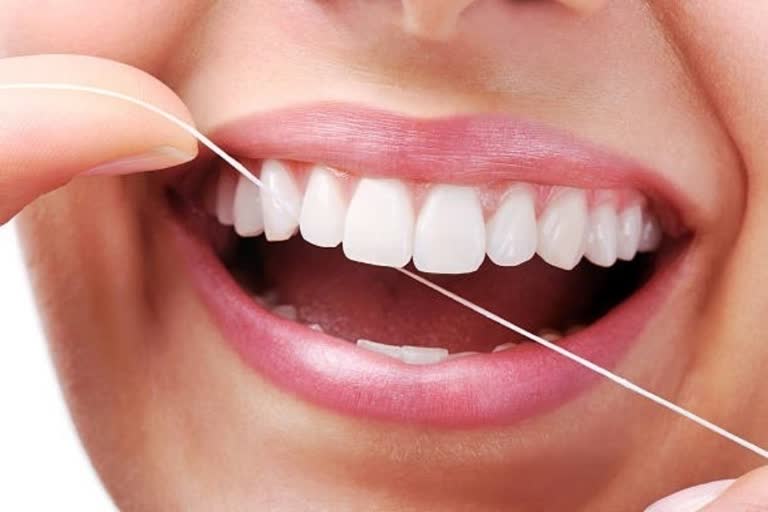While poor oral health has previously been linked to a higher risk of heart disease, a recent meta-analysis of studies, published in the Journal of the American Medical Directors Association, showed that flossing may help against cognitive decline. The team analyzed 14 studies, which included 34,074 participants and 4,689 cases with diminished cognitive function.
People with more tooth loss had a 1.48 times higher risk of cognitive impairment and 1.28 times higher risk of dementia than the others. And with each additional missing tooth, the risk of cognitive impairment grows, the study showed. Moreover, adults with tooth loss were more likely to have cognitive decline if they did not have dentures.
"Given the staggering number of people diagnosed with Alzheimer's disease and dementia each year, and the opportunity to improve oral health across the lifespan, it's important to gain a deeper understanding of the connection between poor oral health and cognitive decline," said Bei Wu, a professor in global health at NYU Rory Meyers College of Nursing and the senior study author, in a statement.
How Does Poor Dental Health Affect Brain Cells?
"The bacteria that cause gingivitis (irritation, redness and swelling) also may be connected to Alzheimer's disease. This species of bacteria, called Porphyromonas Gingivalis, can move from the mouth to the brain. Once in the brain, the bacteria release enzymes called gingipains that can destroy nerve cells, which in turn can lead to memory loss and compromised cognitive health," Sageer Azaz, HOD, Dental, Paras Hospitals, Gurugram told IANS.
